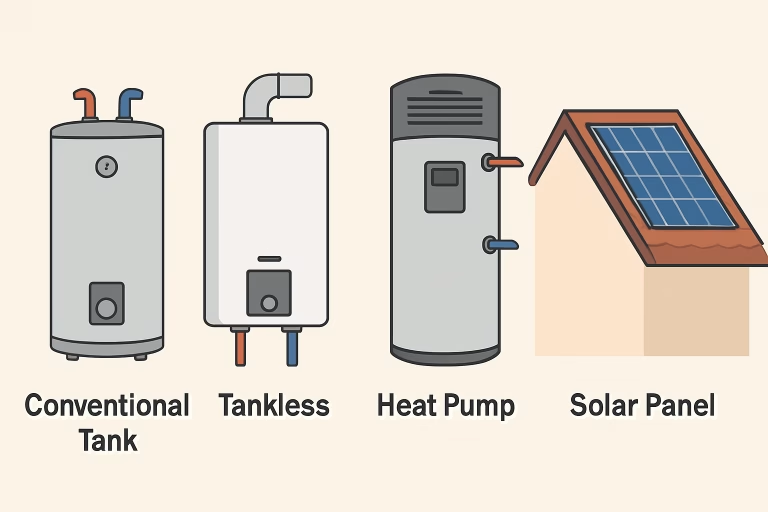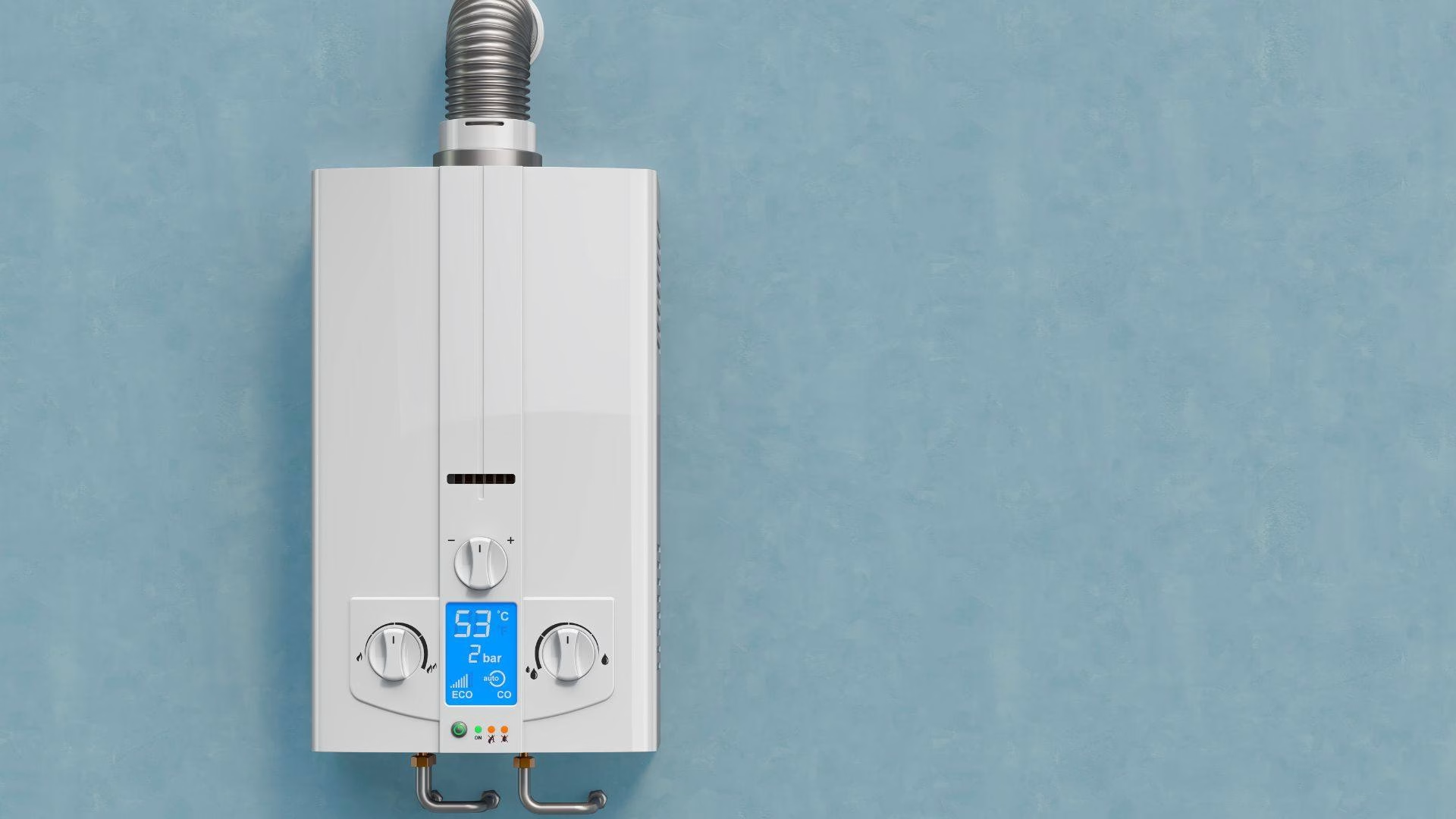When it comes to home comfort, having access to reliable hot water ranks highly on the list of essentials. The right water heater not only provides daily convenience but also impacts your energy usage and household expenses. Whether you’re upgrading an old system or outfitting a new home, considering factors like efficiency, size, and local options is crucial. If you’re looking for professional solutions, you might consider tankless water heater installation in Ruston, provided by specialists who understand the local infrastructure and climate.
Choosing the best water heater means carefully balancing your household’s needs with available technology, environmental considerations, and your budget. With so many types and models on the market, understanding what fits your home’s demands will help you make a cost-effective, energy-smart decision.
Keep in mind that factors like fuel costs and energy efficiency ratings can vary significantly by location and system type. Exploring your options methodically and consulting with reputable installers or resources can prevent costly mistakes and long-term inefficiencies.

Types of Water Heaters
Water heaters are designed in several categories to suit different environments and lifestyles:
- Conventional Storage Water Heaters: The traditional choice for many households, storage tanks keep a reservoir of hot water ready to use. While reliable, they can run out during heavy use and can have higher operating costs due to heat loss during standby periods.
- Tankless (On-Demand) Water Heaters: These innovative units deliver hot water as needed, eliminating standby heat loss and offering potential energy savings. They’re perfect for compact spaces but may struggle to serve multiple high-demand appliances simultaneously.
- Heat Pump Water Heaters: Utilizing heat from the air, these models are exceptionally energy-efficient. According to The Spruce, they’re best suited to moderate and warm climates but do require adequate installation space.
- Solar Water Heaters: Excellent for eco-conscious families in sunny regions, these heaters harness solar power for most of their operation, though they come with a higher upfront investment.
- Tankless Coil and Indirect Water Heaters: These systems pair with a home’s existing heating system to provide hot water. Their efficiency shines during the heating season but drops off in warmer months when home heating isn’t in use.
Assessing Your Household’s Hot Water Needs
Accurately sizing your water heater ensures ongoing comfort and efficiency:
- Small Household (1-2 people): A 30-40 gallon storage tank or a lower gallon-per-minute (GPM) tankless model is adequate.
- Medium Household (3-4 people): Opt for a 40-50 gallon tank or a moderately rated GPM tankless system.
- Large Household (5+ people): Larger tanks (at least 50 gallons) or high-capacity tankless solutions are typically required.
Plan for periods of high consumption, such as simultaneous morning showers or dishwasher use, to avoid cold-water surprises.
Energy Efficiency Considerations
Energy-efficient water heaters save money in the long run and contribute to eco-friendly living. Always check Energy Factor (EF) or Uniform Energy Factor (UEF) ratings—higher numbers mean better efficiency. For insights into energy-efficient appliances and recommendations, visit Consumer Reports.
For example, heat pump models often offer efficiencies two to three times higher than conventional electric heaters, eventually offsetting their higher upfront costs.
Fuel Type Availability
The optimal fuel for your water heater depends on what’s locally available and compatible with your home:
- Electricity: Common and straightforward to install, though generally more expensive to operate.
- Natural Gas: Often more economical and efficient, but installation requires venting and an existing gas line.
- Propane: Another option where natural gas isn’t available, though it tends to cost more than gas or electricity.
- Solar Energy: Offers the lowest long-term operating costs, but requires sunshine and solar panel installation.
Your home’s infrastructure and the relative prices of different fuels in your region should guide your decision.
Installation Requirements and Costs
Before choosing a model, evaluate your space, ventilation needs, and potential changes to plumbing or wiring. Tankless systems are space-savers, suitable for apartments and tight spots, while storage tanks need a dedicated area.
Changing fuel types (for instance, from electric to gas or solar) can entail significant costs, such as new gas lines or electrical upgrades. Professional installation is always recommended for safety and compliance with local codes.
Maintenance and Lifespan
With routine care, your water heater will perform better and last longer. Conventional models usually last 8-12 years; tankless units often exceed 20 years. Maintenance includes regularly flushing tanks, checking for corrosion or leaks, and inspecting critical components like the anode rod to prevent rust build-up.
Environmental Impact
Homeowners concerned about sustainability should consider solar and heat pump models, which greatly reduce emissions and reliance on fossil fuels. High-efficiency, ENERGY STAR®-certified systems further minimize your environmental footprint. Making eco-friendly choices at home can also qualify you for incentives while supporting larger energy conservation efforts.
Budgeting for Your Water Heater
Factor both initial costs and long-term savings into your water heater purchase. Advanced, efficient models may seem pricier at first, but lower monthly bills and rebates (offered for energy-efficient appliances) can make them a wise investment. Don’t forget to calculate maintenance expenses and the expected lifespan of each type when deciding what fits your budget best.
By understanding your home’s hot water usage, comparing efficiency ratings, fuel types, installation logistics, and environmental considerations, you can make an informed decision for lasting household comfort and value.




